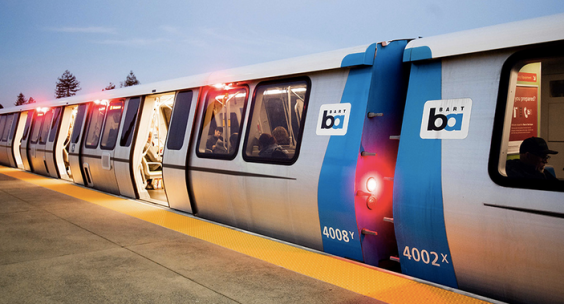A bill that would have closed loopholes in state law that requires refineries to monitor their emissions was rejected by Governor Newsom today.
S.B. 674, from Senator Lena Gonzalez (D-Long Beach), sought to strengthen a 2017 law, A.B. 1647, that was the first one to require refineries to monitor and report on their "fence-line" emissions. Its purpose was to create statewide standards to detect air pollution and notify community members of dangerous levels of pollutants.
But after five years of monitoring its progress, community and clean air advocates raised concerns about inconsistencies in the way the law was being applied. A 2022 report from Earthjustice, Crossing the Fenceline, said that the three air districts responsible for refineries in their region varied widely about which pollutants they wanted tracked, whether they required action in response to findings, and in the number of exemptions they allowed (according to A.B. 1647, they shouldn't have allowed any).
Gonzalez' bill would have expanded the rules to cover all refineries that produce fossil fuels as well as storage and related facilities located next to the refineries; limit exceptions to where the fence-line monitoring must be done; list which pollutants must be monitored; include provisions to enhance transparency and data quality; and add requirements for quick corrective action when too much of any pollutant was detected.
It's the norm for the legislature to pass broad rules and leave technical details to the governing agencies - in this case, the South Coast Air Quality Management District (SCAQMD), the Bay Area Air Quality Management District (BAAQMD), and the San Joaquin Valley Air Pollution Control District (SJVAPCD). That was the intent of the original bill, but perhaps it was too broad.
The legislative analysis of Gonzalez's bill says that "it is worth emphasizing that the provisions of this bill come from a report based on five years of communities and advocates engaging with the implementing air districts…. This bill gets into the weeds not because the author is seeking a 'one size fits all' solution, but because the last five years of implementing A.B. 1647 have shown that doing so may be necessary to achieve the desired policy outcomes."
Newsom's veto message did not center on whether the bill was too technical or not, however. Instead, he focused on money, writing that "there is no state funding identified or available in the state budget to support these efforts."
"Local air quality management districts are already carrying out the necessary action[s]," he wrote. "Additionally, because this bill mandates these districts to implement highly prescriptive measures, it might be found to require state reimbursement of implementation costs at a time when we just recently closed a $44.9 billion shortfall for the 2024-25 fiscal year."
California is home to nineteen refineries. All of them are located in counties that get failing grades for particulate matter pollution, and eighteen of those counties fail on ozone pollution. The communities that are located within five miles of those refineries are on average over seventy percent people of color, and among the most pollution-burdened communities in the state.
As the legislative analysis points out: "The racial inequity of that pollution burden deserves particular attention when evaluating changes to pertinent laws and regulations."
"Governor Newsom's decision not to sign S.B. 674 is a setback for communities like mine in West Long Beach and Carson, who have been fighting for clean air and transparency for decades," said Jan Victor Andasan, community organizer at East Yard Communities for Environmental Justice, as quoted in a press release from Earthjustice.
"S.B. 674 was a crucial step in understanding and addressing the toxic air pollution that fenceline communities have been breathing for years. This decision leaves us vulnerable, but our fight for environmental justice is far from over. We will continue to demand the protection and transparency our communities deserve."






